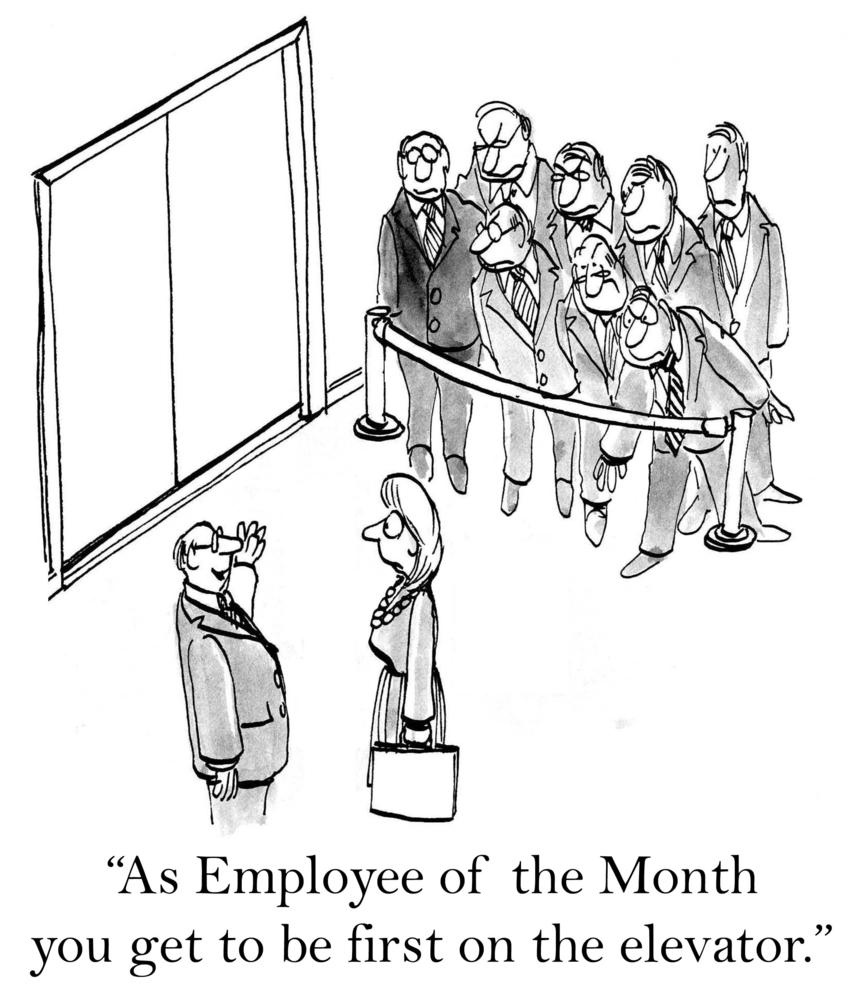
Increasing Employee Engagement Through Recognition
Experts in employee engagement agree that increasing employee engagement through recognition by recognizing the accomplishments and extra discretionary effort of employees is a critical key to establishing a high performance culture.
Make Sure Employees Are Recognized When They Contribute to the Organization’s Success
Everyone wants to be appreciated for the work they do. And high performers want to understand the value of their contribution to the overall enterprise. It is an important part of a manager’s job to acknowledge excellent work and to appreciate extraordinary employees.
What Recognition Matters Most?
So many managers either fail to recognize their team members effectively and appropriately or they fail to recognize them at all. It’s important to recognize employees “right.” The above cartoon illustrates some of the negatives of doing it wrong.
Three Employee Attributes to Increase Employee Engagement Through Recognition
Increasing employee engagement through recognition the “right” way requires that employees:
Are your employees deserving?
Do you employees understand why they do and do not receive recognition?
Are your rewards and recognition meaningful enough?
Five Leadership Excuses to Not Increase Employee Engagement Though Recognition
And then there are the managers who neglect to reward and recognize employees at all. Here are some of their excuses. You might hear them claim they are:
And engaged workers are over 40% more productive and effective than their disengaged counterparts.
Just be sure to recognize individuals when their work was on their own and teams when the effort was collaborative.
But there may be ways other than a salary hike to reward reward high performers.
The Bottom Line
If you are the type of manager who does not consistently recognize deserving employees for their extra efforts and contributions, what’s your excuse?
To learn more about increasing employee engagement through recognition, download the 3 Top Talent Retention Strategies You Need to Know Before it is Too Late
Explore real world results for clients like you striving to create higher performance